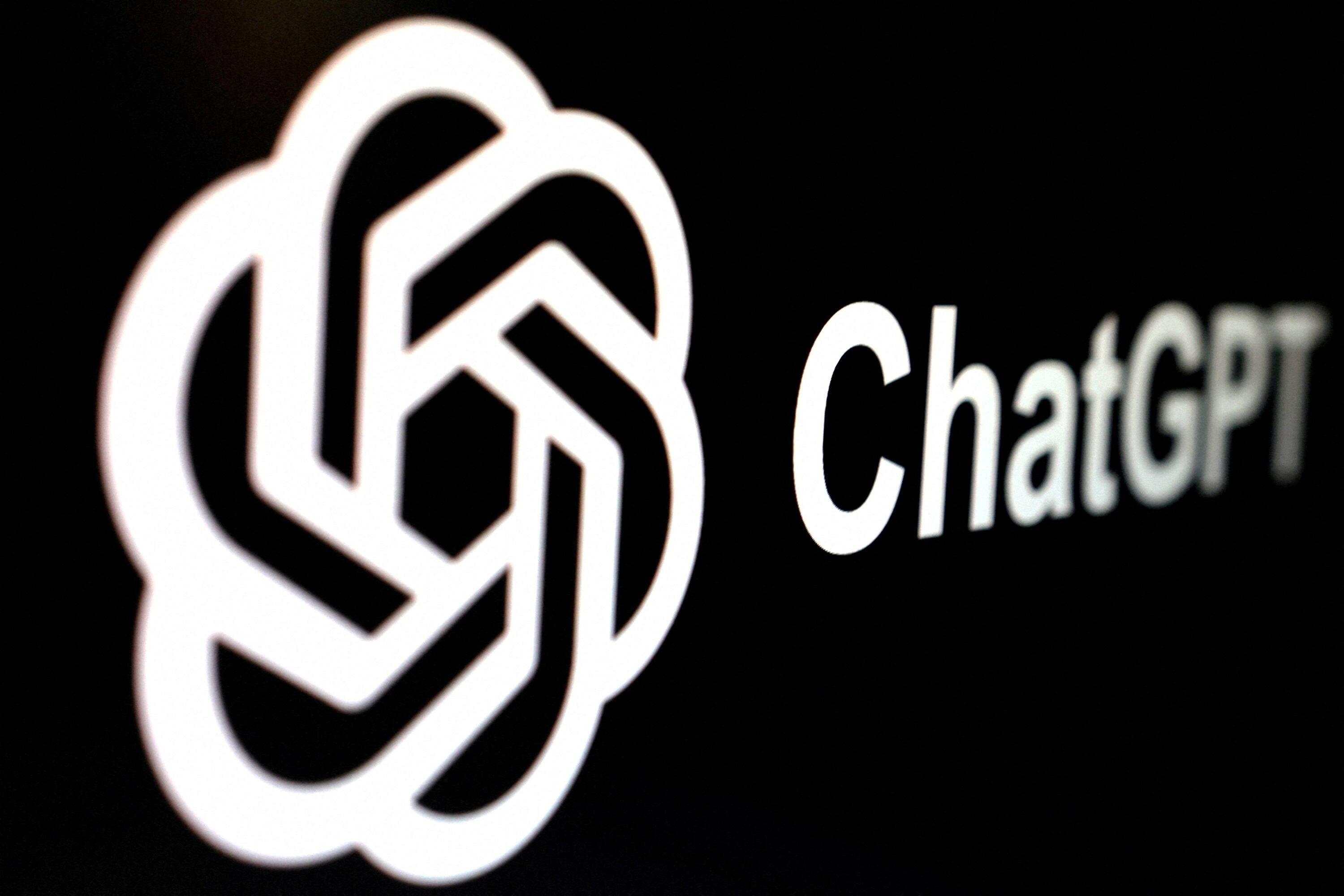OpenAI Reduces Microsoft's Profit Share to 8% by 2030

OpenAI and Microsoft: A Shift in Profit-Sharing Dynamics
OpenAI, the company behind the widely recognized AI chatbot ChatGPT, is reportedly considering a significant reduction in its future profit-sharing agreement with Microsoft. This change could see the current 20% profit-sharing ratio drop to around 8% by 2030, according to recent reports. This potential shift marks a major development in the relationship between two of the most influential players in the tech industry.
Microsoft has long been a key partner for OpenAI. Since 2019, it has been the company's largest initial investor, pouring over $13 billion into the startup. This investment has allowed OpenAI to leverage Microsoft’s extensive computing infrastructure for developing its AI models and delivering services. In return, a portion of OpenAI’s profits was shared with Microsoft through the profit-sharing agreement.
However, OpenAI appears to be diversifying its reliance on cloud infrastructure. The company is now exploring partnerships with other cloud providers, including Google, and investing in projects like 'Stargate,' which involves constructing large-scale data centers. These moves are aimed at reducing dependency on Microsoft’s resources and increasing operational independence.
The move to reduce the profit-sharing ratio is closely tied to this strategy. By utilizing alternative cloud infrastructures, OpenAI can potentially lower costs and increase efficiency. However, the exact terms of the new agreement have not yet been finalized. It remains unclear whether Microsoft will accept the proposed 8% profit-sharing rate or negotiate different terms.
If OpenAI successfully secures an 8% profit-sharing ratio with Microsoft, the financial implications could be substantial. According to The Information, the company could generate approximately $50 billion (about 70 trillion Korean won) in additional revenue by 2030. This figure highlights the potential benefits of the proposed adjustment, both for OpenAI and its partners.
Strategic Implications for Both Companies
This shift in profit-sharing dynamics reflects broader changes in how tech companies approach collaboration and competition. As AI continues to evolve, companies are increasingly looking for ways to optimize their operations and maintain control over their technological advancements. For OpenAI, reducing its reliance on Microsoft could mean greater flexibility in decision-making and a stronger position in the rapidly changing AI landscape.
For Microsoft, the change may signal a transition from being a primary investor to a more balanced partner. While the company still holds a significant stake in OpenAI, the reduced profit-sharing ratio could affect its financial returns. However, Microsoft might also benefit from the continued success of OpenAI, as the company’s innovations could drive demand for Microsoft’s cloud services in the long term.
Future Outlook
The outcome of these negotiations will likely shape the future of OpenAI and Microsoft’s partnership. If the 8% profit-sharing ratio is approved, it could set a precedent for other tech collaborations, where companies seek to balance financial interests with strategic independence. On the other hand, if Microsoft pushes back, the relationship might face new challenges, requiring both parties to find alternative solutions.
As the AI industry continues to grow, such shifts in business strategies will become more common. Companies must constantly adapt to remain competitive, and OpenAI’s potential move is a clear example of this evolving dynamic. Whether this change leads to a more independent OpenAI or a restructured partnership with Microsoft remains to be seen.

Comments
Post a Comment